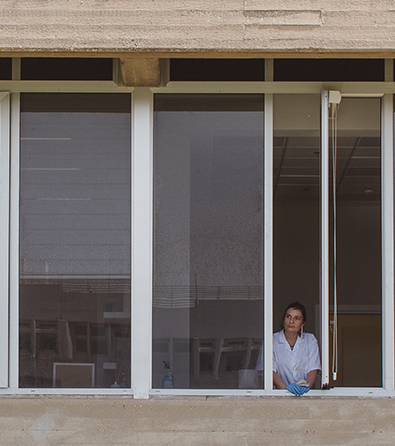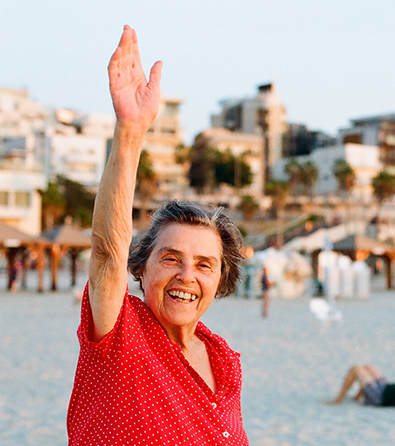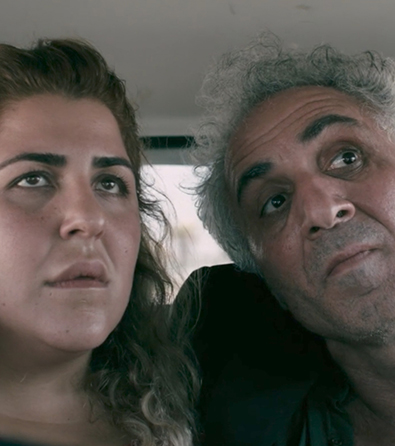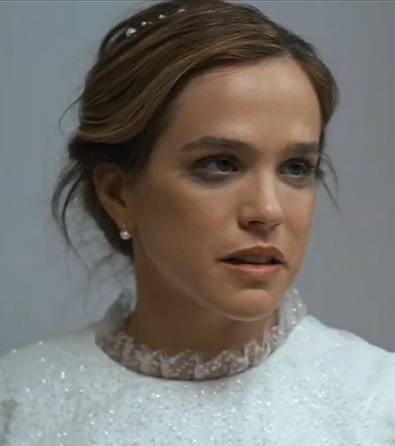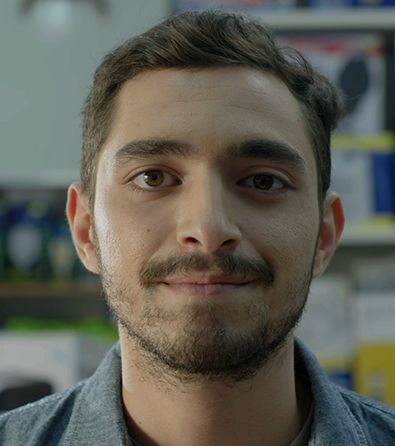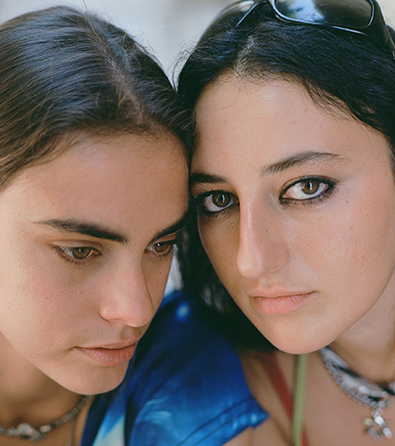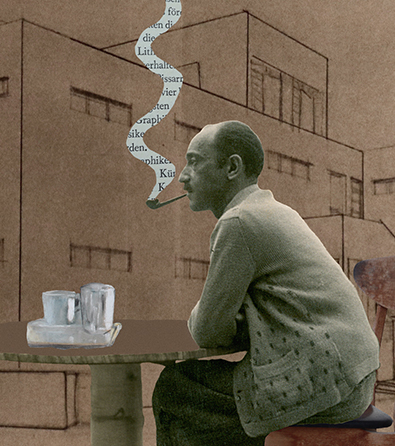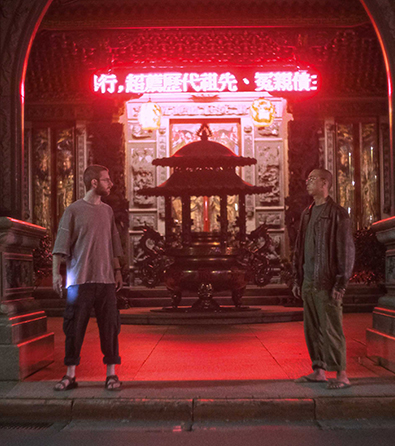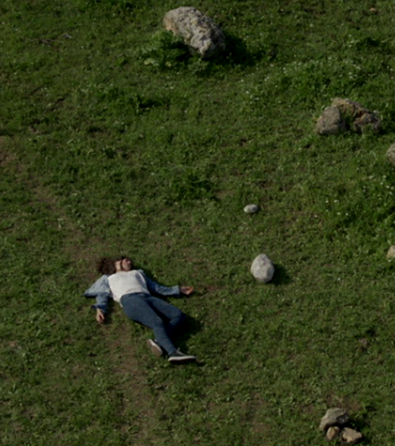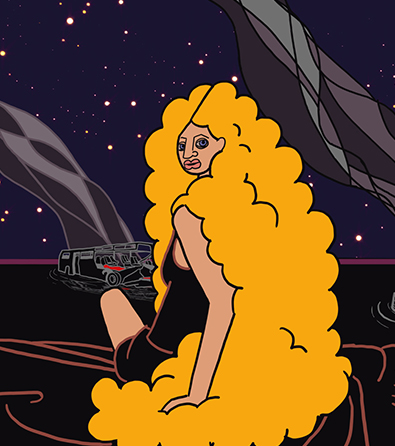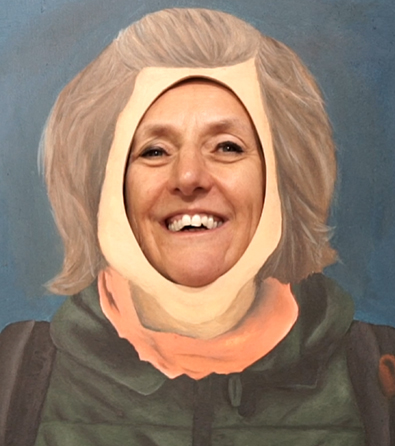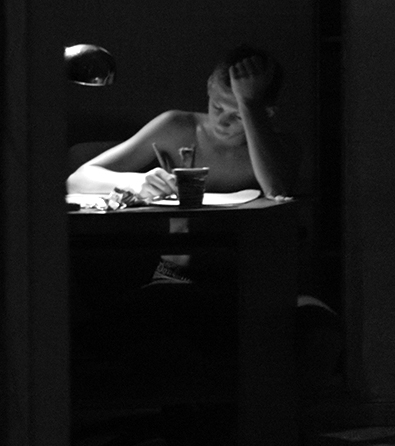The short film The Boy (25 minutes) is available at the top of this page.
* To watch this film, please approve YouTube/Vimeo cookies via the blue cookie icon at the bottom left of the screen
On the morning of October 7, 2023, Israeli filmmaker Yahav Winner was at his family home in Kibbutz Kfar Aza, near the volatile border between Israel and Gaza. As missile sirens wailed through the kibbutz, Yahav and his wife, filmmaker and singer Shaylee Atary, rushed with their infant daughter, Shaya, to the shelter room of their home. Within moments, they realized this was far more than a missile attack—it was a full-scale invasion by Hamas terrorists.
Huddled in the shelter, they bore witness to the horrors unfolding outside: terrorists storming homes, setting them on fire with families still inside, live-streaming their atrocities, committing rape and murder, desecrating bodies, and abducting residents of all ages into Gaza. When their hiding place was compromised, Yahav fought desperately to hold off the attackers at the shelter’s window, giving Shaylee a chance to escape with their baby. She managed to evade the terrorists for twenty-seven harrowing hours, ultimately saving Shaya. In the agonizing days that followed, uncertainty gave way to devastation when Yahav’s murder was confirmed.
Fifteen years earlier, in 2008, Yahav experienced another trauma that left an indelible mark on his life. He witnessed a Gaza-fired rocket kill Jimmy Kedoshim, the father of his best friend. The event deeply traumatized him and shaped both his personal and creative journey. As a film student at Minshar School of Art, he channeled his experience and PTSD into his 2022 graduation film, The Boy, dedicated to Kedoshim. The film offers a poignant exploration of the psychological toll of life near the border, centering on Barak, a young man from Kibbutz Kfar Aza, portrayed by actor Nimrod Feld.
Barak, grappling with post-traumatic stress, often accompanies his father, Avinoam (portrayed by Yoram Tolledano), to work in the fields bordering the Gaza Strip. As another barrage of missiles rains down, Barak’s behavior strays from what is expected of him—he refuses to take his psychiatric medication, resists seeking shelter during red alert sirens, contemplates crossing the dangerous border fence into Gaza, and becomes fixated on the lives of his Palestinian neighbors. His sleepless eyes and anguished expression reveal the internal war he is fighting.
The relentless gunfire from Gaza and the endless news reports of violence overwhelm his senses, trapping him in a state of psychological siege. His turmoil reflects the unspoken distress of his community, which struggles to maintain a façade of normalcy while enduring years of unrelenting missile attacks. Avinoam, a quiet pillar of strength, shields Barak from the judgment of the village’s tough working men and stands by him in his battle with PTSD. By the film’s end, the depth of Barak’s suffering becomes undeniable—his struggle is not one that can simply be overcome.
Director Yahav Winner expressed his deep connection to the story on the film’s Headstart fundraising page: “This film is drawn from my personal experiences—ones I’ve endured firsthand and witnessed in others. My cherished kibbutz, recently my home again alongside my wife, is described by its residents as ninety-five percent heaven and five percent hell. It has endured severe hardships over the years. I am compelled to lend my artistic voice to this place, to its people.”
Life in the Israeli villages near the Gaza border has shifted between periods of calm and relentless missile fire since Hamas took control of the Gaza Strip following Israel’s 2005 withdrawal. When missiles are launched toward these communities, residents have just 15 seconds to reach shelter. This harrowing reality is woven into their daily lives. Yet, despite enduring years of attacks, most residents have remained committed to peace. Many have been active in the Israeli peace camp, working toward coexistence with their Palestinian neighbors. The kibbutzim targeted in the October 7 massacre had long cooperated with human rights organizations in Gaza, assisting in the transport of Palestinian children with cancer to Israeli hospitals for treatment. This unwavering commitment to humanity did not shield them from the brutal assault on their community.
Yahav’s kibbutz community came together to bring his film to life in 2022, with many extras being Kfar Aza residents—people who, a year later, would endure Hamas’s brutality on October 7th. This collective effort reflects the resilience of the kibbutz community and their shared commitment to Yahav’s artistic vision. Edited by Shaylee, the resulting film is a poignant testament to solidarity in the face of adversity. The participation of these residents imbues the film with profound resonance—especially when viewed in the aftermath of the October 7 massacre, prompting a haunting reflection on the real-life fates of those appearing on screen.
The Boy transcends cinema to become a historical document, a personal testament, and the final message from the late Yahav Winner. It confronts the harsh realities of life under the shadow of war along the Israel-Gaza border, intertwining individual experiences with the broader geopolitical landscape. The film stands as a solemn monument to the profound psychological toll exacted by the conflict on those trapped within it. More than a work of art, it is a powerful act of remembrance—underscoring the essential role of artistic expression in bearing witness, in preserving stories, and in capturing the complexities of those forced to navigate an existence shaped by unrelenting violence.
Yahav Winner’s legacy, etched into The Boy, continues to challenge, provoke, and inspire.

